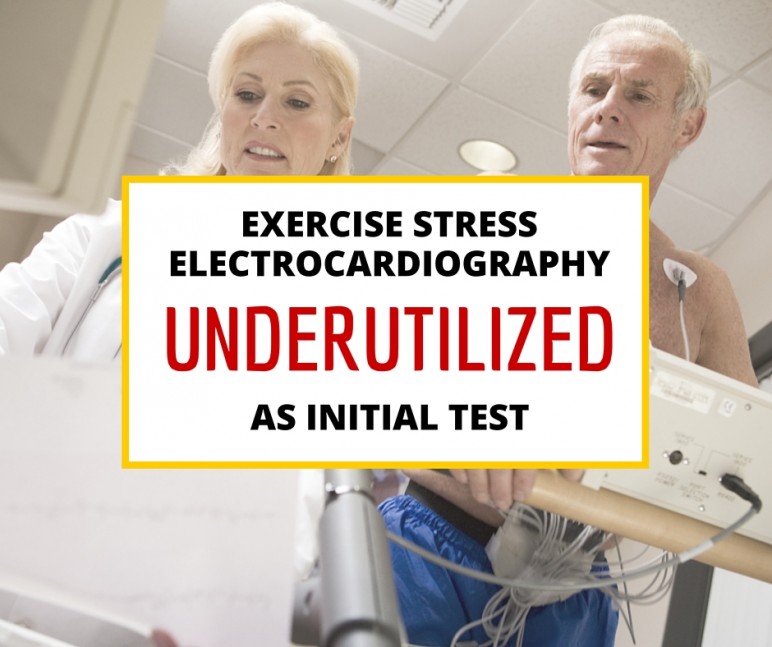Genetic arrhythmia programs are paving new roads for personalized cardiac care—from preventing unnecessary cautionary testing or treatment to improving screening.
Melvin Scheinman, MD—the first person to perform catheter ablation for arrhythmia in a human patient, now chief of the Comprehensive Genetic Arrhythmia Program at the University of California, San Francisco—believes genetic testing will lead to the "ultimate form of personalized medicine," writes Gregory A. Freeman of HealthLeaders Magazine.
"If you examine the genetic background of a patient, you may be able to identify sensitivity to specific drugs, propensity for developing some very serious heart disorders, and at the same time rule out those same things for other people," said Scheinman to HealthLeaders.
"That is really what personalized medicine is all about—delivering the right care to the patient because you truly understand the patient and don't have to treat him or her as just a member of a group with certain statistical risks."
A proliferation of genetic arrhythmia programs "across the country" have been introducing new, measured responses to a sudden cardiac death in the family—preventive healthcare for some, but not all family members.
Continue reading Future of cardiology: personalized care through genetics?

 More good news for TAVR interventions - better case selection contributed to significant reductions in complications and longer term mortality.
More good news for TAVR interventions - better case selection contributed to significant reductions in complications and longer term mortality.